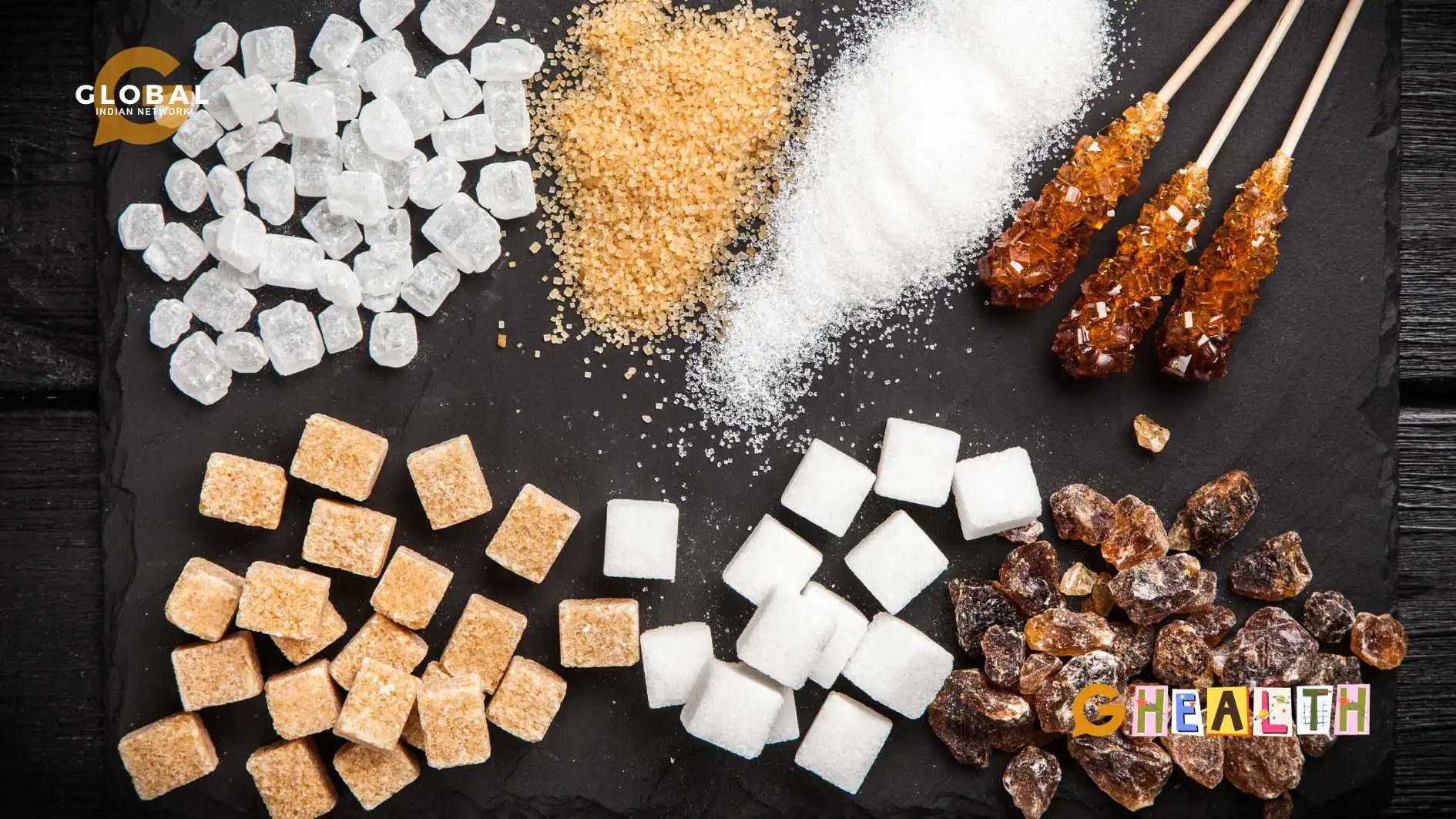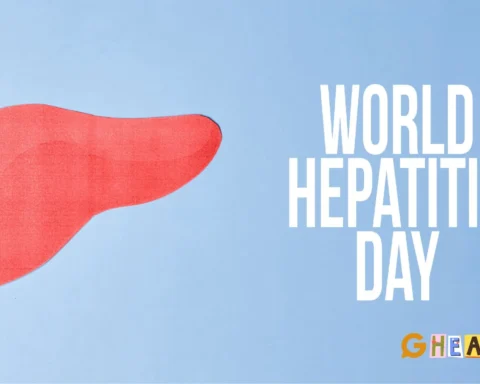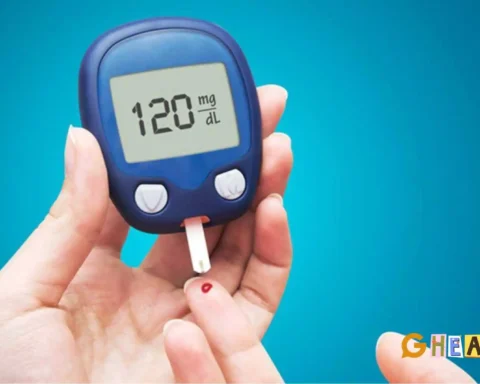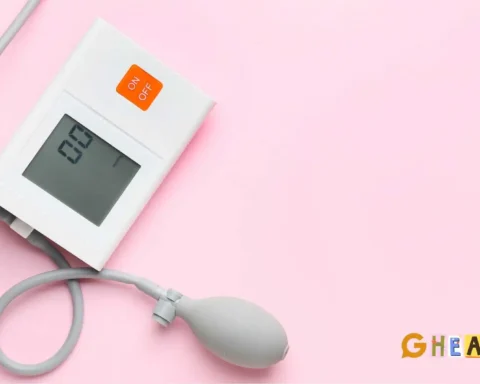People with a sweet tooth surely enjoy life. We are concerned about the lifestyle disease diabetes that has already afflicted millions and would like to offer solutions on the best sweetener for diabetics.
We, at 8 billion, are a varied lot.
Some are non-vegetarians, some are pure vegetarians, some are lacto-ovo-vegetarians, and some are vegans. There are many more subtypes, and these categories are borne from the kind of ‘food philosophy’ they believe in. While nothing is fully right or wrong, it is wise to consume healthy food.
Diabetes, a progressive chronic disease, is of three types—type 1, type 2, and gestational diabetes. The body's metabolism is at stake here, and this can lead to cardiovascular disease, damage to the kidneys, and other major health risks.
Read on to find the 5 top picks for the best sweeteners for diabetics to keep you healthy.
Table of Contents
The International Diabetes Federation issues warnings about the global diabetes pandemic, highlighting the need for urgent action. Despite ongoing research, a cure for diabetes is not yet established, and current management involves medications, including insulin injections.
Many people underestimate the seriousness of diabetes and continue to consume excessive sugar and sugar-based foods. Excessive sugar intake raises glucose levels in the bloodstream over time, impacting the beta cells in the pancreas responsible for insulin production.
Some people resort to sweeteners before the disease strikes, and some move on to sweeteners after a diagnosis. This trend has opened up a market segment solely for this customer base. Yet another section of people start on sweeteners once they are diagnosed.
It is imperative to know the types of sweeteners and their pros and cons to make your choice-making easier. In this piece, you will also learn about the considerations for diabetics and how to choose sweeteners so that you can satisfy your sweet food cravings.
Let us dive into the sweet and not-so-sweet facts.
Types of Sweeteners
Alternative sweeteners are natural, sugar alcohols, or artificial types.
Natural sweeteners
Natural sweeteners are sugar alternatives to table sugar due to their perceived health benefits. They particularly appeal to those who want to manage their blood glucose levels, including individuals with diabetes.
Here are some commonly used natural sweeteners:
Stevia sweeteners, derived from the Stevia rebaudiana plant, are sweeter than sugar but have minimal calories, making them suitable for diabetics. The monk fruit extract is sweet and low in calories, while dates, derived from date palms, are high in fibre, vitamins, and minerals. Honey, produced by bees, contains antioxidants and antibacterial properties. Maple syrup, yacon syrup, agave syrup, corn syrup, coconut sugar, brown sugar, tagatose, and allulose are low-calorie sweeteners with varying degrees of impact on blood sugar levels. These options suit those with diabetes and those looking for sugar substitutes.
Sugar alcohols
Sugar alcohols are low-calorie sugar substitutes that occur naturally or are made from glucose. They have different effects on blood sugar and digestion, so people with diabetes or other conditions should choose wisely. Some examples are erythritol, xylitol, and sorbitol.
Artificial sweeteners
Artificial sweeteners are substances that imitate the sweetness of sugar without contributing calories or affecting blood sugar levels. Examples include:
1. Aspartame: It is highly sweet, extensively used, and FDA-approved as safe.
2. Sucralose: Derived from sugar, heat-resistant, and suitable for cooking and baking.
3. Saccharin: An older artificial sweetener with intense sweetness and heat stability.
Artificial sweeteners for people with diabetes or those seeking to reduce sugar and calorie intake. However, they may not suit everyone and can have potential side effects. It is advisable to seek guidance from a healthcare professional or a nutritionist before incorporating them into your diet.
How to Choose Sweeteners
Here are some considerations for diabetics when choosing sweeteners:
Glycemic Index and Impact on Blood Sugar
- The glycemic index (GI) measures how quickly carbohydrates in a food raise blood sugar levels.
- Natural sweeteners like stevia and monk fruit extract generally have a low GI, making them suitable options for diabetics.
Caloric Content
- Among natural sweeteners, some, like honey (64 per tablespoon, 21 grams) and maple syrup (52 per tablespoon, 20 grams), have a higher calorie content, so portion control is essential.
Taste and Culinary Uses
- The choice of sweetener should complement the intended culinary use, such as baking or to achieve a sweet taste in beverages.
Potential Side Effects
- Different sweeteners may have specific side effects.
- It's essential for diabetics to be aware of potential side effects and consider how they may impact their overall well-being when choosing sweeteners.
Regarding people's choices, diabetics should consider factors such as the glycemic index, caloric content, taste preferences, and potential side effects.
Top 5 Best Sweeteners for Diabetics
Here are the top five best sweeteners for diabetes listed below:
Stevia sweeteners: Derived from the Stevia rebaudiana plant, stevia is up to 200 times sweeter than sugar but has minimal calories. The FDA has granted GRAS (Generally Recognized as Safe) status to purified stevia plant components, specifically non-nutritive sweeteners steviol glycosides or stevia leaf extract, used as non-caloric sweeteners in food and beverages.
Whole-leaf stevia, however, has not received GRAS status and cannot be used as a sweetener or food additive. Stevia extract, derived from the stevia plant, is available in liquid form as stevia liquid drops. It is a concentrated sweetener, and a few drops can be used to sweeten beverages or recipes.
Monk fruit extract: Used as a traditional Chinese medicine, this sweetener contains compounds called mogrosides, which are 150–200 times as sweet as regular sugar. It does not have any calories or carbohydrates. Since it doesn't cause spikes in blood sugar levels, it is ideal for those watching their daily intake. Monk fruit extract, derived from the monk fruit, is available in liquid form. It is highly concentrated and can be used to sweeten beverages or foods.
Yacon syrup: This is a natural sweetener from the roots of the yacon plant in South America. It has a unique taste similar to molasses or caramel. Yacon syrup contains fructooligosaccharides (FOS), which the body doesn't fully digest, making it a potential option for people with diabetes. FOS also acts as a prebiotic, promoting beneficial gut bacteria. However, yacon syrup should be used in moderation, as it is not zero-calorie.
Tagatose: This is a low-calorie (a mere 1.5 calories per gram) sweetener derived from lactose, a natural sugar found in dairy products. It is known for having a low glycemic index (3), which means it has a minimal impact on blood sugar levels when consumed. This makes it a potential option for people with diabetes, as it is less likely to cause significant blood sugar spikes. It is safe even for those who are lactose intolerant; it looks, tastes, and behaves similarly to natural sugar (75–92% as sweet as white sugar).
Allulose: Allulose is a zero-calorie sweetener found naturally in small quantities in wheat, figs, raisins, and jackfruit. This diabetic-safe sweetener has a low glycemic index (close to zero) and does not affect blood sugar levels. Allulose typically contains 0–2 grams of carbohydrates, depending on the amount used. It is safe to consume for people with type 2 diabetes as a regular table sugar replacement due to health concerns and those following a low-carb diet.
Conclusion
These alternatives to sugar provide different flavours and health benefits, allowing individuals to choose the one that suits their dietary needs and preferences. Whether it's for managing blood sugar, reducing weight gain, or enjoying a natural sweetener, these options offer versatile choices for a healthier approach to the sweetness of sugar.
Finding the best sweeteners for diabetics involves carefully balancing satisfying one’s sweet tooth and maintaining healthy blood sugar levels. It is crucial to read food labels since it will enable you to choose healthy food. The 5 top picks for the best sweeteners that are safe alternatives are stevia products, monk fruit extract, yacon syrup, tagatose, and allulose.
Diabetes management must be synchronized with healthcare professionals, considering the glycemic index, caloric content, and potential adverse effects and paying attention to their bodies’ responses.
FAQs
Are insulin levels affected by sweeteners?
The impact of sweeteners on insulin levels varies, with some studies suggesting that artificial sweeteners may stimulate insulin secretion while others show no effect. For most individuals with diabetes, the impact on insulin levels is not significant.
Are sugar levels affected by sweeteners?
Sugar substitutes don't affect your blood sugar levels. Most artificial sweeteners are considered "free foods." Free foods contain less than 20 calories and 5 grams or less of carbohydrates, and they don't count as calories or carbohydrates on a diabetes exchange. Remember that other ingredients in foods with artificial sweeteners can still affect your blood sugar levels.
Do sweeteners affect blood pressure?
The impact of sweeteners on blood pressure is complex and varies depending on the individual and the type of sweetener. Artificial sweeteners like aspartame, acesulfame potassium, and sucralose have been associated with a higher risk of coronary artery disease. Consult a healthcare professional for concerns about the effects of sweeteners on blood pressure.










